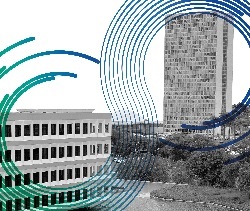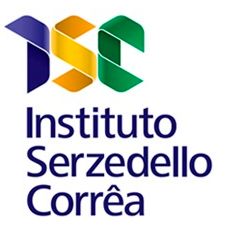O TCU
- Autoridades
- Conheça e visite o TCU
- Endereços e Contatos
- Estrutura organizacional
- Corregedoria
- Gestão da Ética
- Grande Colar do Mérito
- Legislação e Normativos
- Acordos de cooperação
- Relações internacionais
- Sustentabilidade
O MPTCU
Transparência
Planejamento, Governança e Gestão
Publicações
Acesse a página inicial do TCU
Acesse a área de Imprensa
Contas
- Prestação de Contas do Presidente da República
- Prestação de contas de órgãos e entidades
- Tomada de contas especial
- Contas públicas
- Fatos Fiscais
Governança
Fiscalização
- Normas de fiscalização do TCU
- Normas Internacionais das Entidades Fiscalizadoras Superiores (ISSAI)
- Normas Brasileiras de Auditoria do Setor Público (NBASP)
- Técnicas, estudos e ferramentas
- Orientações em vídeo sobre auditorias
- Glossário de termos de controle externo
- Consulta pública de normas
- Painéis de Informações
Atuação do TCU
Serviços e Consultas
- Atos de pessoal (e-Pessoal)
- Atualização de débito
- Certidões
- Conferência de assinatura
- Pagamento de dívida
- Distribuição de processos
- Prestação de contas (e-Contas)
- Vista e cópia de processos (e-TCU)
- Inabilitados para função pública
- Licitantes inidôneos
- Responsáveis com contas julgadas irregulares
- Responsáveis com contas julgadas irregulares com implicação eleitoral
Acesse a página de Controle e Fiscalização
Sessões colegiadas
Jurisprudência
Acesse a página de Sessões
Acesse a página de
Jurisprudência
Acesse a página de TCU e o Congresso
Fale com o TCU
(61) 3527-7222
Ouvidoria
0800-644-2300 - Opção 1
Informações Processuais - Central de Atendimento ao Cidadão
0800-644-2300 - opção 2
Endereço
Setor de Administração Federal Sul SAFS - Quadra 4, Lote 1, Ed. Anexo 3, salas 43 a 51 - CEP 70042-900 - Brasília, DF
Horário de atendimento:
10:00 às 18:00
Acesse a página da Ouvidoria
Catálogo de Serviços:
administrar favoritos ou
listar todos os sistemas do TCU


